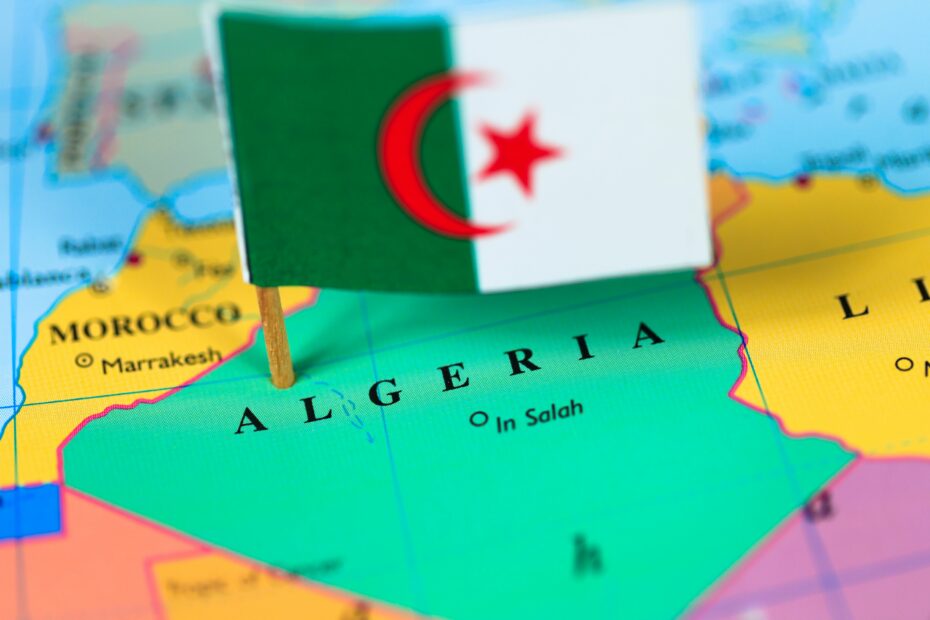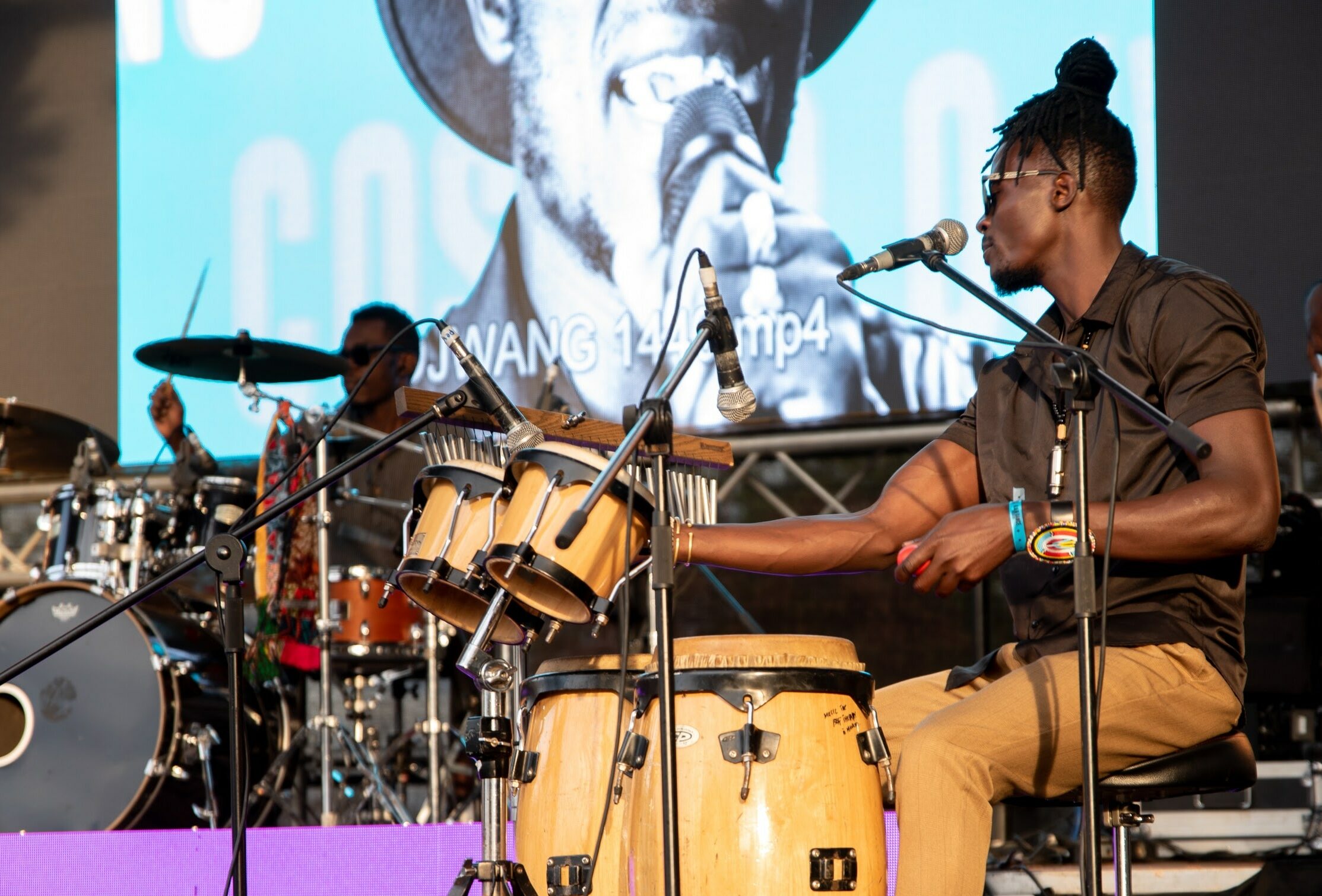Nestled in North Africa, Algeria allures with its rich history, captivating landscapes, and vibrant cultural heritage. From the sprawling Sahara Desert to the bustling streets of Algiers, this country is a treasure trove to be explored. Join us as we embark on a journey to unveil the secrets and wonders of Algeria. Read Also: Exploring the African Diversity: A Glimpse into Each Nation
Geography and Climate
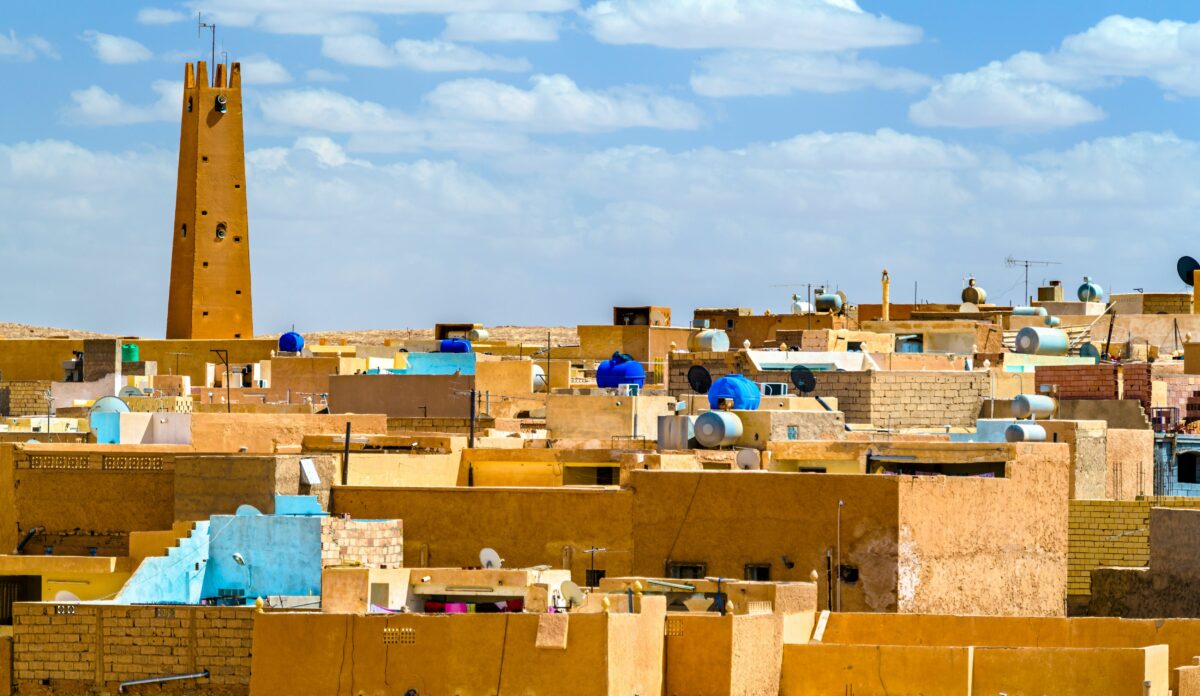
Algeria is the largest country on the African continent, spanning from the Mediterranean coastline in the north to the expansive Sahara Desert in the south. The country’s topography varies significantly, from the fertile Tell Atlas in the north, characterized by lush valleys, olive groves, and vineyards, to the High Plateaus, presenting a semi-arid landscape that transitions into the grand Sahara Desert.
The climate of Algeria mirrors its diverse geography. The country experiences a Mediterranean climate along the Mediterranean coastline, with hot, dry summers and mild, wet winters. This region, which includes the capital city of Algiers, witnesses most of the country’s precipitation. The climate becomes increasingly arid as you move southward towards the High Plateaus and the Sahara Desert. Daytime temperatures can soar above 50 degrees Celsius in summer, while winter nights can be remarkably chilly, especially in the desert.
Seasonal wind patterns, such as the hot, dry Sirocco winds, can dramatically affect local weather conditions, particularly in the Sahara region. Despite its arid climate, the Sahara exhibits stunning natural features, from towering dunes and rocky plateaus to unique oasis settlements. Algeria’s geography and climate offer a fascinating study of contrasts and diversity, making it a truly unique destination.
Algerian History
Algeria’s history is a rich tapestry of diverse cultures and influences, tracing back to prehistoric times. The region was initially inhabited by the Berbers, an indigenous people whose influence remains prevalent in Algeria’s culture and languages. The strategic location of the country made it a prize for many empires. Phoenicians, Romans, Byzantines, Arabs, Ottomans, and French have all left their footprints on Algeria’s historical path.
The Arab conquest in the 7th century brought Islam to the region, profoundly shaping its social and cultural fabric. The French colonization in 1830 significantly impacted Algeria’s political, economic, and cultural identity. However, resistance to French rule finally culminated in the bitter Algerian War of Independence, fought between 1954 and 1962.
The end of this conflict marked the emergence of Algeria as an independent nation. Today, Algeria is a blend of its past and present, where ancient traditions coexist with modern aspirations, offering a unique historical narrative. Also Read: Exploring Africa’s top 9 largest cities in 2023
Culture and Traditions
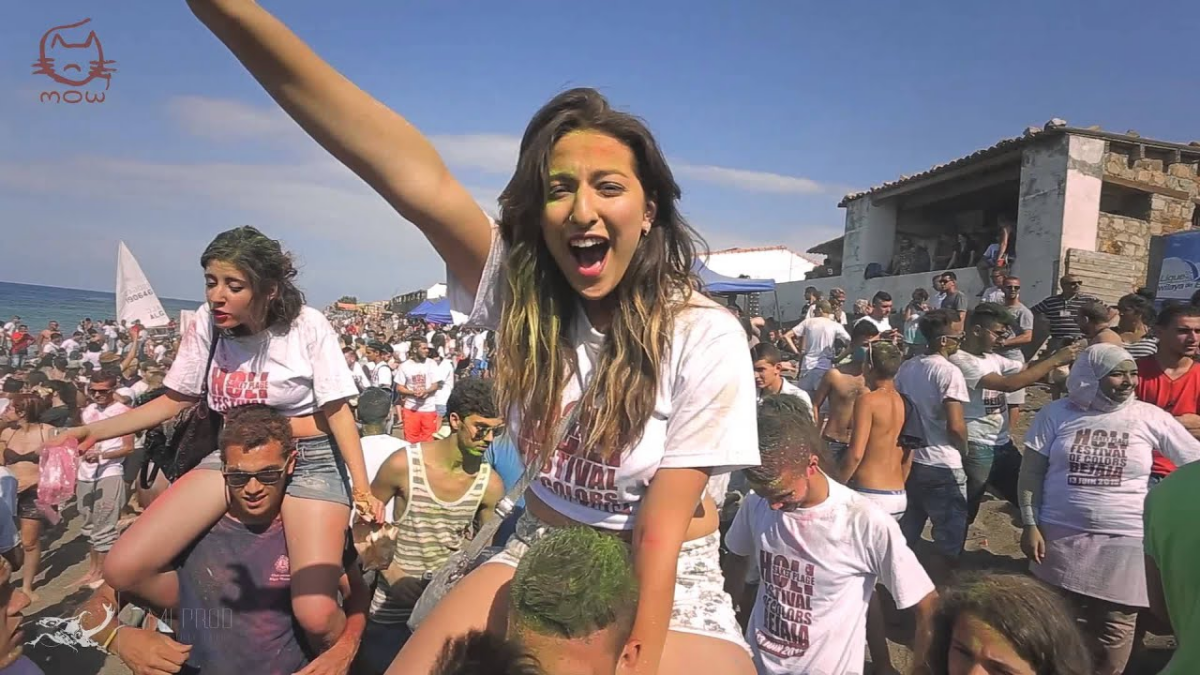
Algerian culture is a vibrant amalgamation of Berber, Arab, French, and numerous other influences, resulting in a rich and diverse cultural tapestry. The country’s traditional music, such as Rai and Chaabi, blends folk music and modern genres, reflecting the nation’s multicultural history. Influenced by its colonial past and liberation struggle, Algerian literature is known for its powerful narratives of identity, resistance, and social discourse.
The cuisine of Algeria is another reflection of its diverse history. Traditional dishes like couscous, tagine, and mechoui are staples, presenting a fusion of Berber, Arab, and French flavors. Algerians also have a deep-rooted tradition of hospitality and generosity, often demonstrated through communal meals and food sharing.
Traditional arts and crafts, such as pottery, weaving, and jewelry-making, are integral aspects of Algerian culture. These centuries-old crafts reflect the country’s artistic heritage and serve as a source of income for many Algerian artisans. Also Read: 7 Kenyan dishes to savour while exploring the country
Festivals and celebrations are crucial to Algerian traditions, from the colorful Festival of Roses in El-Kala to the mesmerizing Sufi music festival in Tlemcen. These events display the country’s heritage and unite communities in celebration.
Food and Cuisine in Algeria
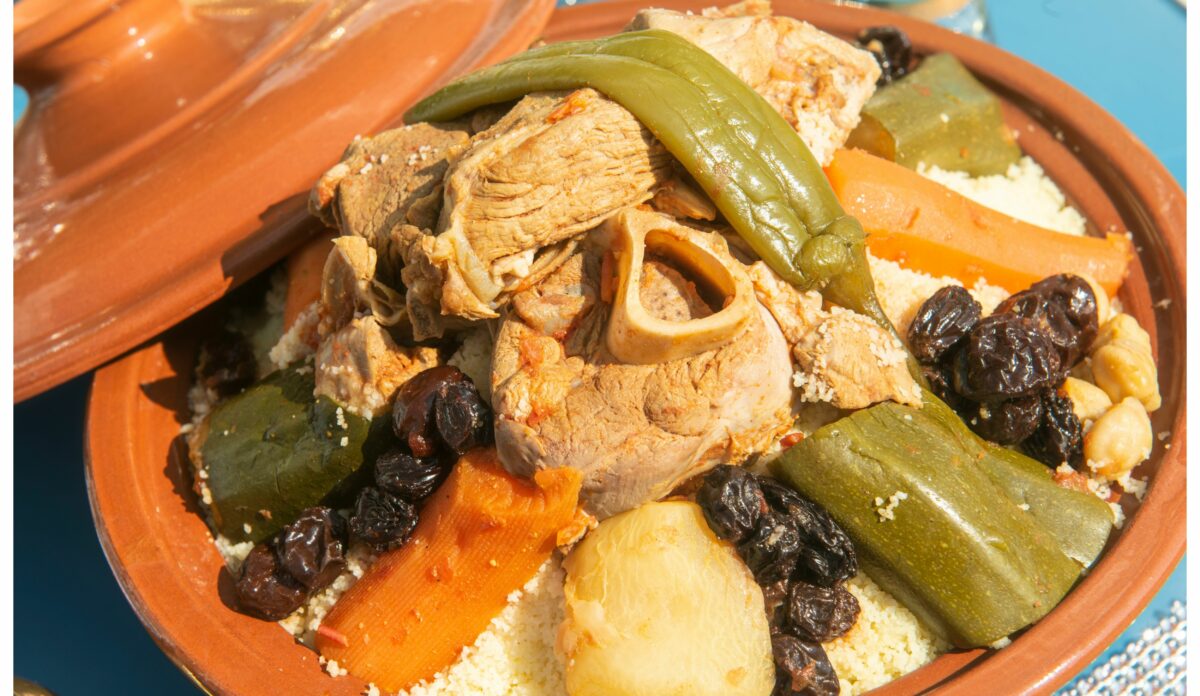
Various flavors and a blend of influences from various cultures characterize Algerian cuisine. The country’s position in North Africa brings together culinary traditions from the Mediterranean and the Middle East, while the French colonial past adds a unique touch to many dishes. The cornerstone of Algerian meals is couscous, typically served with a rich, spiced meat and vegetable broth.
Other popular dishes include shawarma, a tasty wrap filled with grilled meat and salads; tagine, a slow-cooked savory stew named after the conical pot in which it’s cooked; and mechoui, a whole roasted lamb that’s often served at celebrations or feast days.
The flavors of Algerian cuisine are hearty and robust, with an emphasis on fresh ingredients. Spices such as cumin, coriander, saffron, and cinnamon feature prominently, as do fresh herbs like mint and parsley. Seafood is plentiful along the country’s Mediterranean coast, and dishes like grilled fish and calamari are common.
Algerian pastries, influenced by French and Arab traditions, are particularly renowned. Sweet treats like baklava, a rich pastry made of layers of filo filled with chopped nuts and sweetened with honey or syrup, and makroudh, a semolina cookie filled with dates and nuts, are favorites during holidays and celebrations.
Finally, no Algerian meal would be complete without a cup of mint tea, enjoyed at any time of day and often served with a sprig of fresh mint. This traditional drink symbolizes Algerian hospitality and the country’s rich and diverse culinary tradition.
Economy and Industries
Algeria’s economy is predominantly based on hydrocarbons, with oil and gas accounting for most of the country’s revenue and export earnings. As the largest country in Africa, it is endowed with significant natural resources, including petroleum, natural gas, iron ore, phosphates, uranium, and lead. Despite its vast reserves, the economy has been grappling with a decline in oil prices and the need for economic diversification.
The Algerian government has been committed to diversifying its economy by investing in non-energy sectors such as agriculture, industry, and services. The agricultural sector, focusing on crops such as wheat, barley, oats, grapes, olives, and citrus fruits, has potential for growth but is often hindered by unpredictable weather and underinvestment.
The manufacturing sector, primarily concentrated on food processing, textiles, and automotive, contributes to a small yet growing portion of the GDP. Algeria has pursued an ambitious industrial development program in recent years, particularly in the automotive industry, attracting foreign and domestic investments.
The services sector is another vital component, focusing on telecommunications, banking, and tourism. Despite challenges, the tourism industry holds significant potential due to Algeria’s rich cultural heritage and natural beauty.
Major Cities
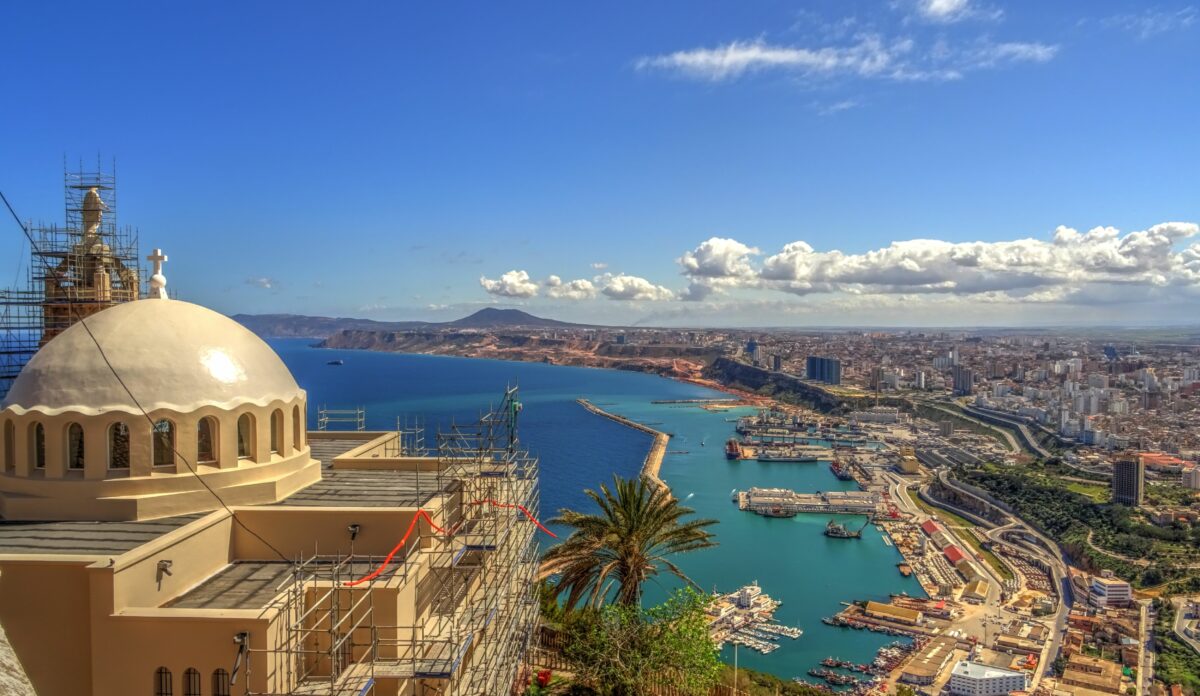
Algeria is home to several vibrant cities, each with unique charm and cultural richness. Algiers, the capital city, is perched on the Mediterranean coast with a stunning mix of white-washed French buildings, narrow streets of the ancient Casbah, and modern commercial districts. The city is a melting pot of history, culture, and modernity.
- Oran, Algeria’s second-largest city, is also a significant port city known for its Spanish Ottoman quarter, beautiful coastal views, and the historic Santa Cruz Church.
- Constantine, located in the northeast, is famed for its historical value and stunning topography. The city is often called the ‘City of Bridges’ due to the numerous bridges connecting the mountains the city is built upon.
- Annaba, in the northeast, is another major city known for its beautiful beaches and the historic Basilica of St. Augustine.
- Tlemcen, a city rich in Islamic art and architecture, is famous for its annual Sufi Music Festival, drawing visitors worldwide. These cities represent the diverse landscape and cultural heritage that Algeria has to offer.
Tourist Attractions
Algeria hosts many tourist attractions on the Mediterranean coast, capturing the country’s rich history and natural beauty. Tassili n’Ajjer, a national park located in the southeast, is a must-see destination. Recognized as a UNESCO World Heritage site, the park is renowned for its prehistoric rock art and otherworldly sandstone formations.
In the heart of Algiers, the Casbah offers a mesmerizing journey through narrow winding streets, leading you to ancient mosques, Ottoman-style palaces, and bustling markets where traditional crafts are sold.
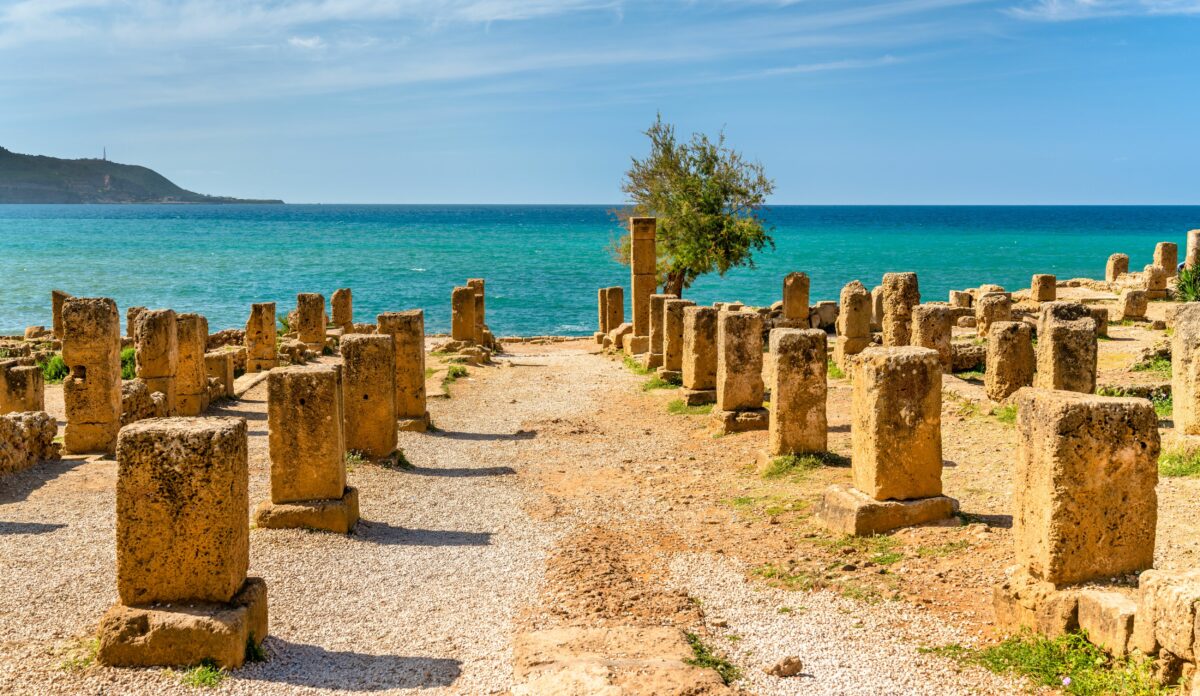
Another iconic tourist spot is Tipasa, an archaeological site on the Mediterranean coast. This site houses the ruins of a Phoenician trading center and a Roman town, offering a glimpse into Algeria’s ancient past.
For nature enthusiasts, the dramatic landscapes of the Ahaggar National Park, located in the Sahara Desert, are not to be missed. Known for its high volcanic peaks and deep valleys, the park offers unparalleled adventures for hikers and climbers.
Last but not least, Djémila and Timgad are two ancient Roman towns that have been remarkably preserved. They stand as a testament to the grandeur and sophistication of Roman urban planning and architecture and are must-visit sites for history buffs.
Bottom Line
Algeria is a memories and of history, cultural diversity, and stunning natural beauty. Whether you’re into history, nature, or culture, Algeria offers something unique. Each visit, from prehistoric rock art in Tassili n’Ajjer to ancient Roman ruins in Djémila and Timgad, from the lively Casbah to the serene Ahaggar National Park, unveils Algeria’s remarkable blend of past and present. Embarking on a journey to Algeria is an adventure of discovery and wonder, leaving you with not just memories but stories to tell.

